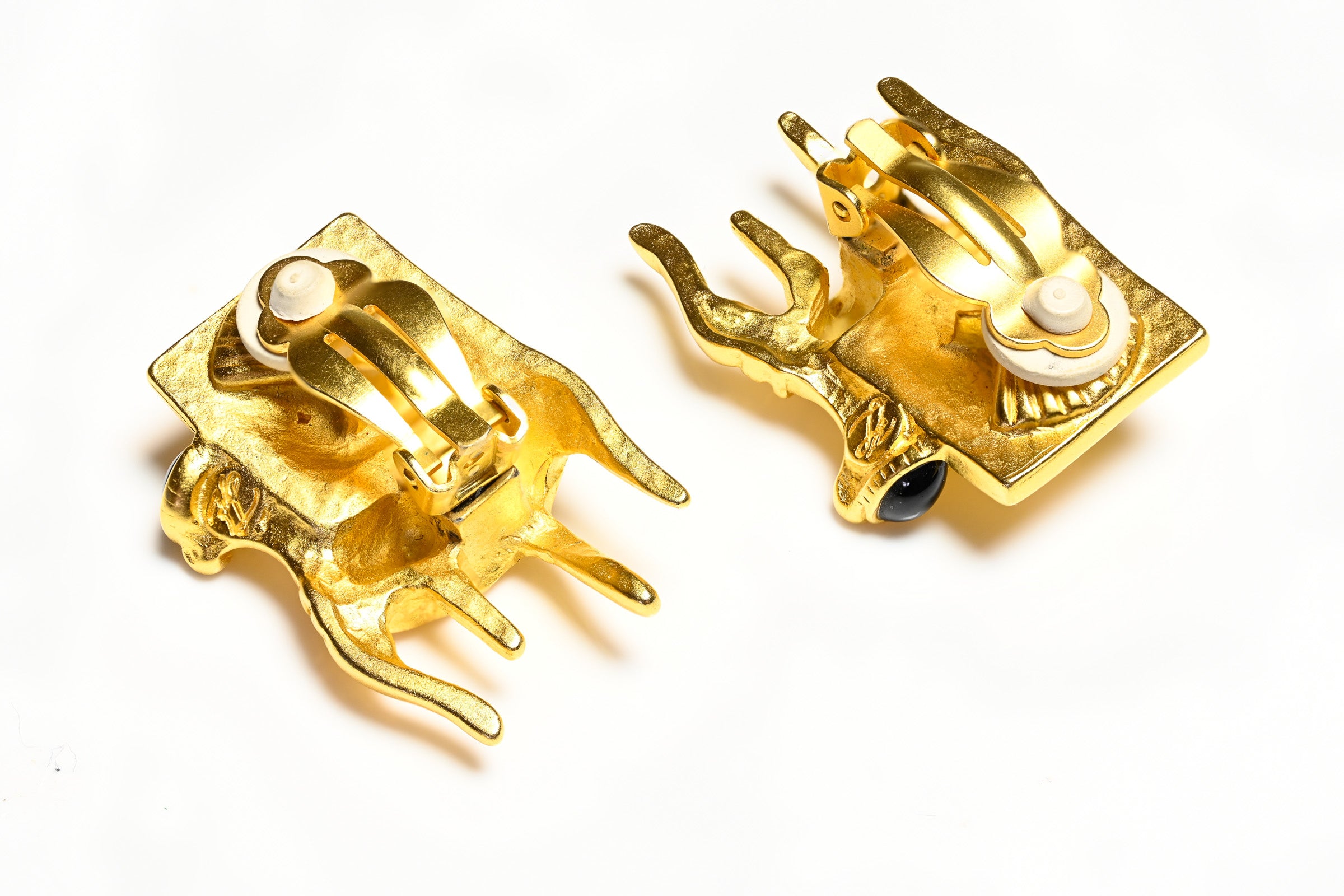
Plato's Myth of Er: The First Ancient Greek Story Of The Afterlife
"The Myth of Er" is the legend with which Plato ends his work "The Republic", written in 380 BC. The Greek philosopher tells of a soldier named Er who was killed in battle and his soul left his body and went on a fascinating journey that reveals some of the mysteries and secrets of the world beyond.
The Gods showed Er that good souls were sent up to Paradise and were gloriously rewarded, while bad souls were sent down to a realm where they were first punished, then purified, and finally brought back to life. Er presents the cosmos and the afterlife from a totally unusual and new perspective for the Greek world of the time.
Er dies on the battlefield and then resurrects on the funeral pyre and tells others about his journey to the other world. The story introduces the idea that after death, moral people are rewarded and immoral people are punished.
Meanwhile, from the other opening in heaven, pure souls floated down, telling of beautiful sights and wonderful feelings.
Others, returning from the underworld, looked dirty, sapped of vitality, and weary, lamenting the awful experiences they had endured while being made to pay for all the evil deeds they had committed while alive. There were, however, some who could not be released from the underworld. Murderers, tyrants, and other villains were doomed to remain forever in the netherworld, with no possibility of escape.
This was the Tree of Necessity. Several women, including Lady Necessity, her daughters, and mermaids were present. The souls were then organized into rows and each received a different ticket by lottery. Then, depending on the tickets drawn, they were asked to come forward in order and choose their next life.

Er recalled that the first to choose a new life, a man who had not known the terror of the underworld but was rewarded in heaven, had hastily chosen a powerful dictatorship. Upon closer inspection, Er realized that, among other atrocities, this one was destined to eat his own children.
The soldier noted that those who had been punished often chose a better life. Many prefer a different life from their previous experience. Animals have chosen to be human lives, while humans have often chosen the seemingly easier animal life.
Each soul was asked to drink some of its water, in varying amounts, apart from Er. After drinking, each soul forgot everything. As they lay down to sleep at night, each soul was lifted in different directions to be reborn, thus completing their journey to the world beyond.
Plato says that Er remembered nothing of the journey back to his body. When he opened his eyes, he found himself lying on the funeral pyre, early in the morning, and able to remember his journey through the afterlife.
The story of the philosopher and mystic Plato, the disciple of a great prophet and titan of Greek thought Socrates, has strikingly similar concepts to the theory of samsara, of transcendence and reincarnation of souls, introduced in Asia many years later.
The Gods showed Er that good souls were sent up to Paradise and were gloriously rewarded, while bad souls were sent down to a realm where they were first punished, then purified, and finally brought back to life. Er presents the cosmos and the afterlife from a totally unusual and new perspective for the Greek world of the time.
Er dies on the battlefield and then resurrects on the funeral pyre and tells others about his journey to the other world. The story introduces the idea that after death, moral people are rewarded and immoral people are punished.
Er's Journey In The Afterlife Begins
On his journey with other souls, Er arrives in a wonderful place with four entrances - two in heaven and two in the underworld. Judges stood between these entrances and ordered the souls which path to follow: the good were guided to heaven, the immoral to the underworld. But when Er approached the judges, he was told to stay, listen and observe in order to report his experience to humanity.Meanwhile, from the other opening in heaven, pure souls floated down, telling of beautiful sights and wonderful feelings.
Others, returning from the underworld, looked dirty, sapped of vitality, and weary, lamenting the awful experiences they had endured while being made to pay for all the evil deeds they had committed while alive. There were, however, some who could not be released from the underworld. Murderers, tyrants, and other villains were doomed to remain forever in the netherworld, with no possibility of escape.
The Tree of Necessity
After seven days there, Er and the souls with whom he traveled were asked to move on. After four days they arrived at a place where a rainbow of light brighter than anything they had seen before could be seen. After another day's journey, they arrived there.This was the Tree of Necessity. Several women, including Lady Necessity, her daughters, and mermaids were present. The souls were then organized into rows and each received a different ticket by lottery. Then, depending on the tickets drawn, they were asked to come forward in order and choose their next life.

Er recalled that the first to choose a new life, a man who had not known the terror of the underworld but was rewarded in heaven, had hastily chosen a powerful dictatorship. Upon closer inspection, Er realized that, among other atrocities, this one was destined to eat his own children.
The soldier noted that those who had been punished often chose a better life. Many prefer a different life from their previous experience. Animals have chosen to be human lives, while humans have often chosen the seemingly easier animal life.
The Land of Forgetfulness
After the choice, each soul has been assigned a guardian spirit to help them through life. They passed under the seat of Lady Necessity, then journeyed to the Land of Forgetfulness, where the River of Forgetfulness (Lethe) flowed.Each soul was asked to drink some of its water, in varying amounts, apart from Er. After drinking, each soul forgot everything. As they lay down to sleep at night, each soul was lifted in different directions to be reborn, thus completing their journey to the world beyond.
Plato says that Er remembered nothing of the journey back to his body. When he opened his eyes, he found himself lying on the funeral pyre, early in the morning, and able to remember his journey through the afterlife.
The story of the philosopher and mystic Plato, the disciple of a great prophet and titan of Greek thought Socrates, has strikingly similar concepts to the theory of samsara, of transcendence and reincarnation of souls, introduced in Asia many years later.















